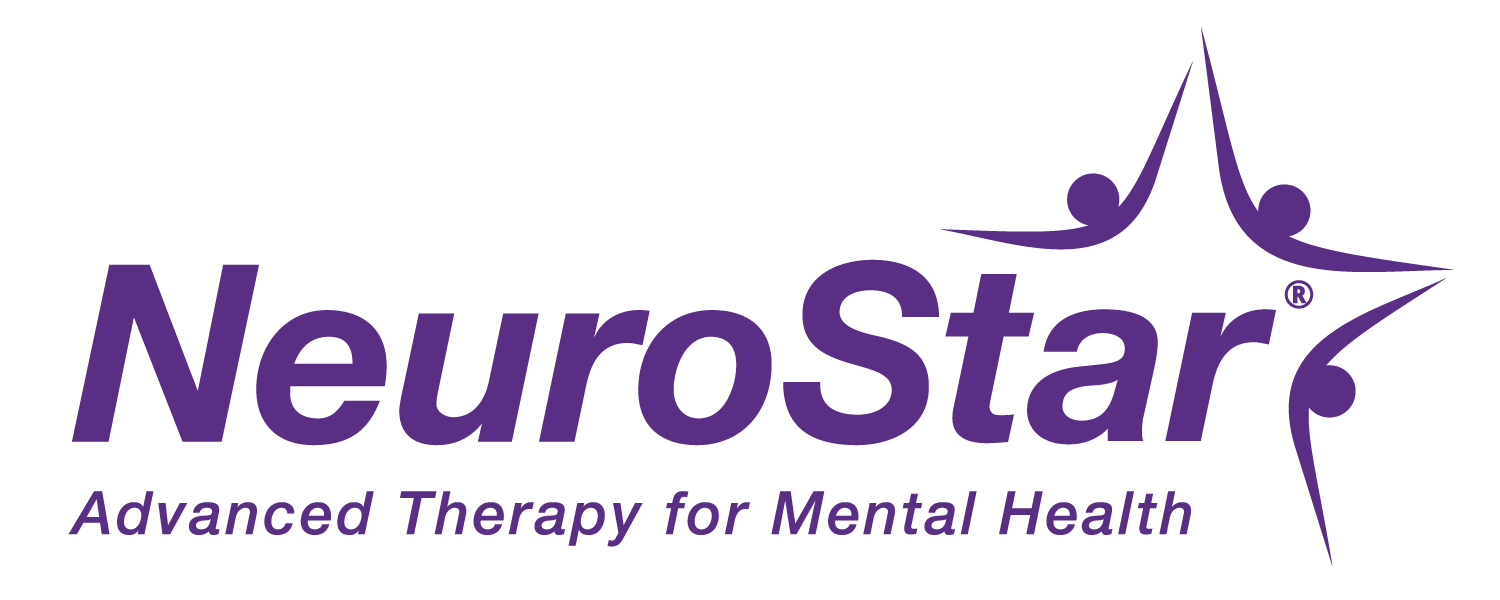Esketamine is emerging as a promising treatment option for adults with depression that has not responded well to traditional therapies. At SNBCare, we understand that for many people, the road to recovery is not linear, and that’s why some of our clinicians are certified to offer REMS-compliant Spravato® (esketamine) therapy for eligible patients diagnosed with treatment-resistant depression.
What Is Esketamine and How Does It Work?
Esketamine (the S-enantiomer of ketamine) is a regulated, prescription-only medication that affects the brain’s glutamate system in a way distinct from conventional antidepressants. Instead of primarily impacting serotonin or norepinephrine, esketamine acts on NMDA (N-methyl-D-aspartate) receptors in the brain.
By blocking NMDA receptors on inhibitory (GABA) interneurons, esketamine indirectly increases glutamate signaling and activates downstream pathways tied to synapse formation and neuroplasticity. This is thought to help reverse connections in brain regions that may be impaired in depression. Because the mechanism is complex and not fully understood, we avoid oversimplified statements like “restores serotonin balance.”
Who Is a Candidate for Esketamine Therapy?
Esketamine is designed for adults whose depression has not responded effectively to at least two prior antidepressant trials. In other words, treatment-resistant depression (TRD). It is not a first-line treatment.
Only clinicians certified under the FDA’s REMS program may administer Spravato® (esketamine). The treatment is delivered in-clinic under careful monitoring, with protocols to ensure safety, following a full clinical evaluation that considers your medical history and current condition.
The Process of Receiving Esketamine
- Screening & evaluation: A mental health provider will review your history, symptoms, medications, and safety considerations.
- In-office treatment: Esketamine is given as an intranasal spray under supervision. Because of potential side effects (e.g. dissociation, elevated blood pressure), patients remain onsite for monitoring (usually 2 hours afterward).
- Follow-up & monitoring: Licensed providers must track your response and any side effects, adjusting or discontinuing treatment as needed.
Possible Benefits and Limitations
Many studies suggest that esketamine can offer rapid relief in some patients, sometimes within hours to days of administration, much faster than traditional antidepressants. It may also improve quality-of-life measures in adults with TRD.
However, benefits are not guaranteed and responses vary. The side effects profile is significant and requires careful monitoring. Common side effects include dissociation, dizziness, nausea, sedation, vertigo, and paresthesia. Because esketamine is a controlled substance, its use is tightly regulated.
Long-term outcomes are still under investigation. Its effectiveness tends to diminish over time unless supported with additional therapies.
Why Some Patients Choose Esketamine
For adults who have not responded well to oral medications, esketamine (Spravato®) offers a different mechanism and potentially faster symptom relief. It may be especially compelling when somebody experiences severe depression, suicidal thoughts, or urgent need for change, and when other treatments have not suited.
But esketamine is never a stand-alone “cure”, it’s best used as part of a broader, multimodal treatment plan that may include therapy, lifestyle strategies, and close monitoring.
Considerations & Safety Precautions
- Prescription-only and regulated: Esketamine is not available over the counter; only REMS-certified providers may prescribe and administer it.
- Not universally available: Only some SNBCare clinicians are certified for esketamine, and eligibility depends on your clinical evaluation.
- Side effects & monitoring: Because esketamine can lead to dissociation, sedation, blood pressure changes, or perceptual disturbances, patients need monitoring post-dose.
- In-office only: This treatment is administered in clinical settings, not remotely.
- Medication plus evaluation: Medication decisions should always follow individualized clinical evaluations.
Getting Started at SNBCare
If you are interested in exploring esketamine therapy:
- Contact SNBCare to request a psychiatry appointment.
- Undergo a full clinical evaluation, where your diagnosis, medical history, and prior treatment response will be reviewed.
- If eligible, some of our clinicians can administer Spravato® (esketamine) under REMS protocols.
- Your ongoing care team will coordinate follow-ups, monitor safety, and combine treatment modalities (therapy, lifestyle strategies) as indicated.
We serve adults located in Massachusetts or Rhode Island at the time of their appointment, and all treatment options are subject to clinical appropriateness and provider availability.
Conclusion
Esketamine represents a valuable, regulated option for adults with depression that has resisted traditional treatment. Its distinct mechanism and potential for faster symptom relief make it an important tool, especially when combined with other therapies. However, because it is a prescription-only, monitored treatment with risks and variable response, decisions regarding its use must always rely on careful clinical evaluation, professional judgment, and ongoing observation.
At SNBCare, we are dedicated to offering evidence-informed, compassionate care for adults in Massachusetts and Rhode Island. If you believe you may benefit from this treatment or want to learn more, we welcome you to reach out for a consultation and evaluation.
SNBCare Service Note
SNBCare offers psychiatric and behavioral health services, including REMS-compliant Spravato® (esketamine) treatment through in-office administered sessions, for adults physically located in Massachusetts or Rhode Island at the time of their appointment. All services depend on clinical appropriateness and provider availability.
Medical Disclaimer & Promotional Note
This content is for informational and promotional purposes only, and is sponsored by SNBCare, a licensed behavioral health provider in Massachusetts and Rhode Island. It is not a substitute for professional medical advice, diagnosis, or treatment. Always consult your qualified health provider about your individual needs, and never begin a new medication or therapy without professional supervision.

